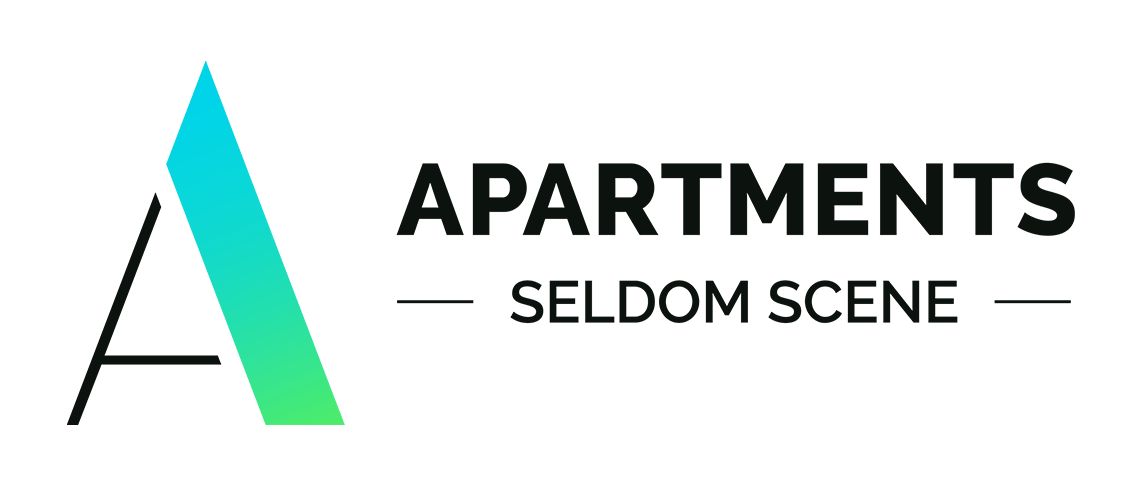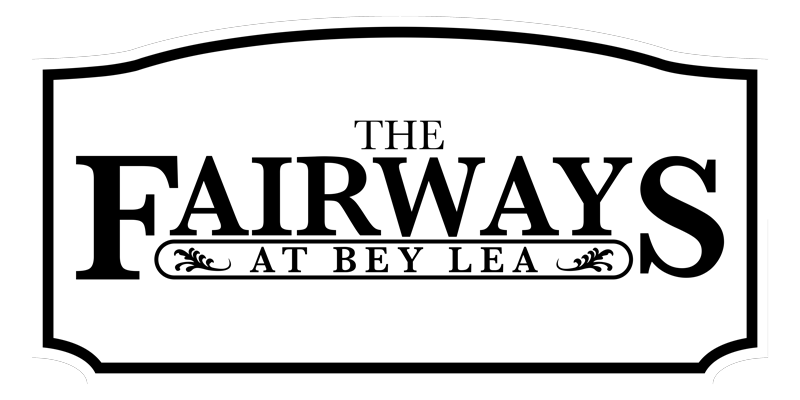How to Find the Right Bank for You
What is green, hard to hold on to, and you never seem to have enough of? You guessed it–money. There are those of us who are great at squirreling our money away, while others enjoy spending it on anything and everything. No matter if you are a saver or spender, you need to know where to safely manage your money. Let’s make dollars and sense out of the different banking options that you have.
The Three Types of Banks:
- Big National Banks: These are the major players that you hear about often. You’ll see TV commercials for them, and see billboards with their name everywhere you go. Even some sports arenas are named for these banks, like the BB&T Pavillion or PNC Arena. These national banks have branches and ATMs that stretch across that country. This is helpful if you travel often. They often offer a “one-stop-shop” approach, meaning you can get a credit card, a checking account, a loan, and a mortgage all in one place. They are also usually the first to develop new technology for banking.
- Regional Banks: Even though they may not be as widespread, these local banks usually offer better rates with more flexibility for the customer. You aren’t a number on a piece of paper to them, and generally have lower fees, if any.
- Online Banks: Internet banking is popping up everywhere. It’s a secure and easy way to manage your money without the hassle of having to go to a brick and mortar location. These banks usually have no fees for using any ATM that you wish.
Credit Unions: Credit Unions are the non-profit version of a bank. Banks turn a profit off of the interest rates, fees, and other payments required for their services. Credit Unions are typically smaller and very local in nature, but they offer excellent customer service. They will work with people who have poorer credit scores to help them bounce back by giving them more flexibility in repayment plans. Even though they are not considered banks, do remember to research your local Credit Unions when looking for the right plan for you.
Fees for using accounts
There are generally some sort of fee for using the banking account. Even “free” accounts come with fees for overdrafting or going below a set amount of money in the account. Usually big banks have higher fees and are strict about enforcing them. Smaller banks won’t give you as many or as expensive of fees. They are trying to give you an incentive to use their services. Online banks generally offer very few if any fees, which makes them attractive.
When to bundle and when to shop around
When you have large purchases that will require loans and a lengthy repayment plan, it’s best to shop around to find the best loan for you. It’s convenient that big banks have everything at one location, but you could save hundreds or even thousands of dollars by looking to a regional bank for business loans or mortgages. See what they have to offer and determine if it’s worth the extra hassle for you.
Where are you in life?
Young couples can benefit from being with a larger national bank because they can offer more aggressive loan rates and other services that are good for starting out. Once you hit retirement age, the big bills are normally paid off, and you don’t need to worry about all of those services.
Service vs. Services
Large companies lose that personal touch that make banking with a branch a pleasure. Local agencies are still able to provide that custom care to every person because they live where they work. You’ll know the tellers and banks, and the CEO’s want to see their city thrive.
As with anything, you need to determine what phase of life you are in and see which method works best for you. If you are about to go to college, then a big bank with hefty student loans and a robust repayment plan is a great option for you, but if you’re looking for a second mortgage on the house, see what the regional banks can offer you before you commit to the big bank you’re already with. Invest your money wisely, and you’ll be able to enjoy more of it.







